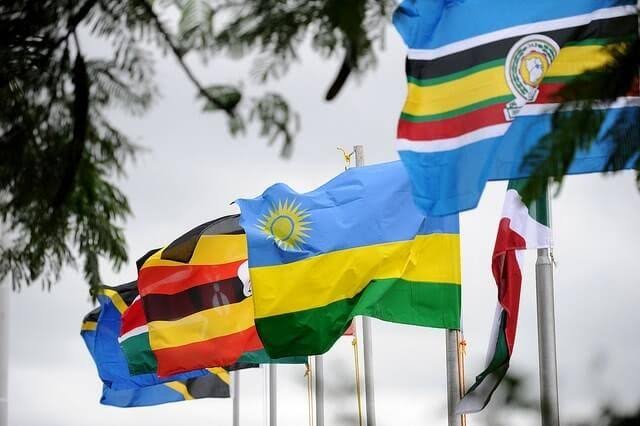
The East African Community (EAC) is facing a severe financial crisis, with some employees yet to receive their May 2024 salaries. The crisis has forced several organs and institutions to suspend their activities due to lack of budget.
The EAC Secretary General, Peter Mathuki, has confirmed the crisis, stating that the bloc is facing a severe cash flow problem. Mathuki attributed the crisis to delayed remittances from member states, which has affected the implementation of projects and programs.
The EAC’s financial woes have been exacerbated by the failure of some member states to pay their annual contributions. Tanzania, South Sudan, and Burundi are among the countries that have not paid their dues, amounting to millions of dollars.
The crisis has affected various EAC institutions, including the East African Legislative Assembly (EALA), which has suspended its activities due to lack of funds. EALA members have not received their allowances and salaries for several months.
The EAC’s financial crisis has also affected the implementation of regional projects, including infrastructure development and trade facilitation programs. The crisis has raised concerns among member states, with some calling for urgent measures to address the situation.
Mathuki has urged member states to prioritize their contributions to the EAC, stressing the importance of timely remittances in facilitating the bloc’s operations. He also appealed to development partners to provide support to the EAC to address the crisis.
The EAC’s financial crisis has raised concerns about the future of regional integration in East Africa. The bloc’s member states are expected to meet soon to discuss the crisis and find a lasting solution to the financial woes.








